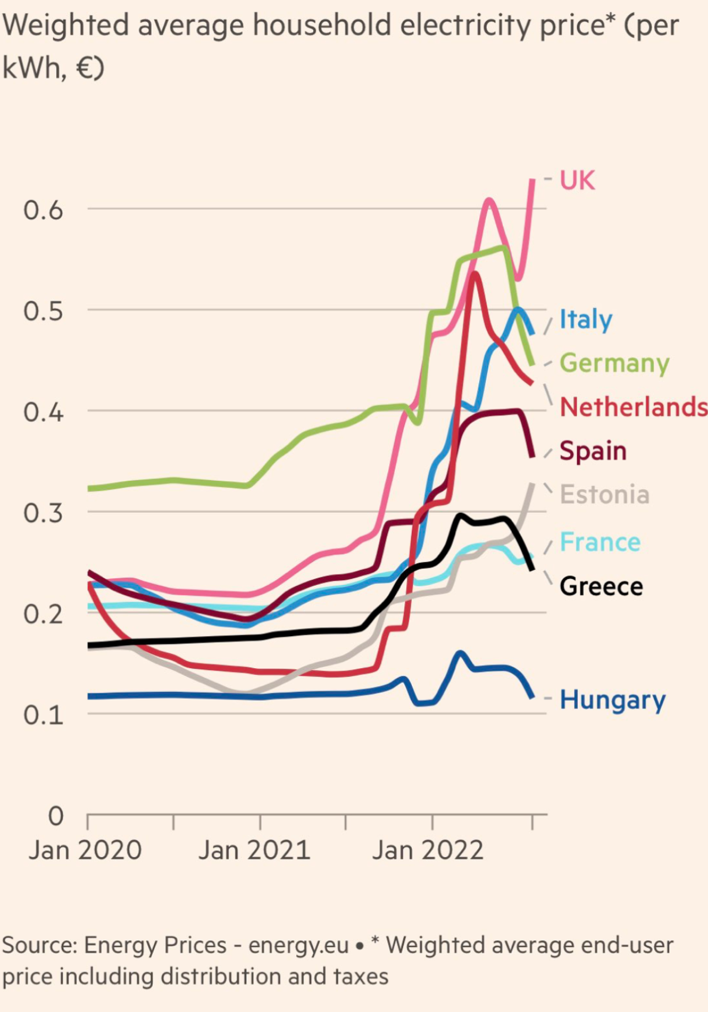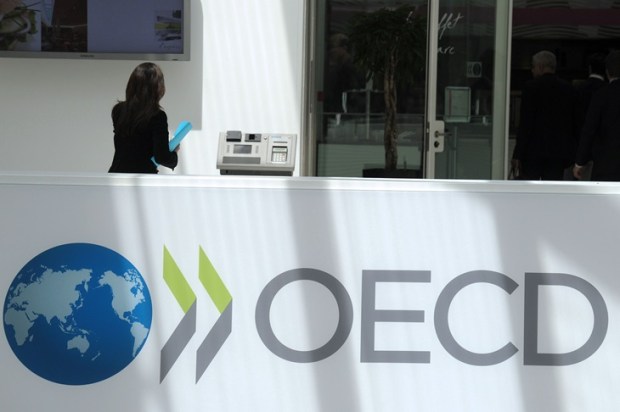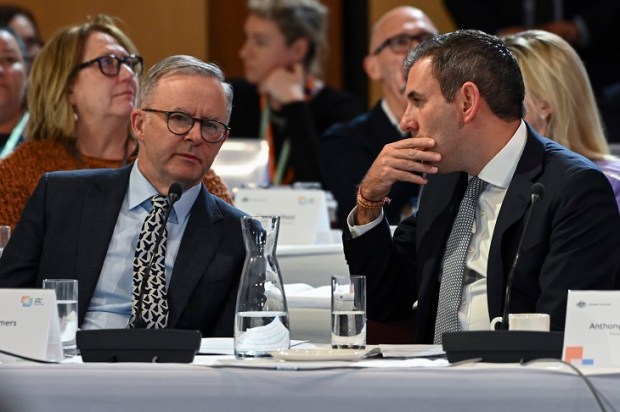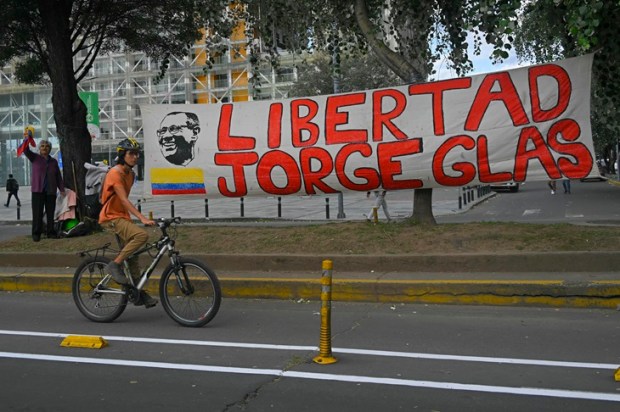Returning from the 2015 Paris Agreement, former Clinton Energy chief Joe Romm, proclaimed:
‘You know, change happens slowly, until it happens quickly.’
He was talking about climate ‘guru’ Michael Mann declaring that the Paris Agreement signalled the end of ‘the age of fossil fuels’.
Of course, there was a major speed bump along that road in the form of Donald Trump, who commenced dismantling the subsidies and regulations that were forcing this rapid change in the world’s biggest economy. And, to the ridicule of the German UN delegation including its Foreign Minister, Trump presciently urged Germany to re-think its policy of closing down domestic coal and nuclear and replacing this with gas from Russia.
But with Trump dethroned, the caravan moved on to the November 2021 Glasgow meeting. Nations once again agreed to eliminate greenhouse gas emissions, stop deforestation, phase down coal, and supply billions to poorer countries to bribe them to adopt these measures. China and America even agreed to a program of cooperation which was rapidly brought to an end by Pelosi’s visit to Taiwan. At least for China, reclaiming a lost province is more important than pretending to save the world!
Boris Johnson in 2020 had said his Net Zero emission policies would turn the UK into the ‘Saudi Arabia’ of wind power, a mantle claimed by many other countries including Australia. In March of this year, with the energy crisis unfolding, Johnson continued to promote a new energy strategy for the UK involving a ‘massive jump forward’ on renewables, though this time adding, and ‘more nuclear’.
Fomenting this policy modification were price increases, illustrated below.

Boris Johnson’s late-term recognition of a reality change remains contested. For example, German politicians, though chastened by the policy outcome of soaring prices and by the prospect of blackouts, are resisting change. The Economics and Climate Protection minister, the Green Party’s Robert Habeck, is even fighting to ensure the last of the nation’s nuclear plant close.
But things are surely changing.
South Korea is an early back-peddler against the ‘energy transition’ and is now reverting to nuclear, but ostensibly only as ‘more practical measures to cut emissions.’ Japan, even more circumspectly, is embarking upon similar steps.
Aside from foolishly subsidising users to reduce energy prices, UK Prime Minister Liz Truss, plans to allow fracking to tap into the UK’s massive gas reserves and has appointed Jacob Rees-Mogg as the minister responsible for energy and Climate Change. He has attacked ‘climate alarmism’, saying humanity should adapt to, rather than mitigate. He also warned that trying to achieve Net Zero was responsible for high energy prices.
But Australia is seeing unabated propaganda to replace the nation’s lowest-cost energy source with high-cost, unreliable wind and solar.
Only last week the Australian Financial Review, in its promotion of green energy, published an article by Lord Adair Turner of the grandly named Energy Transitions Commission. Reprising Boris Johnson’s claims for North Sea wind, Turner said that Australia is sitting on a potential ‘clean energy bonanza’ pontificating that, ‘It doesn’t take a genius to work out that Australia’s greatest natural resource is not coal but the sun shining’. This was accompanied by a piece from renewables advocate Tristan Edis urging us to go electric, naturally the renewables kind.
Australian politicians – with the exception of Tony Abbott – have proved to be highly receptive to climate alarmism and the mirage of low-cost renewables. In addition, Scott Morrison was nakedly meretricious in formally assuming the Climate Change portfolio to prevent development approval of a giant offshore NSW gas field in an attempt to save left-wing Liberal seats from the Teals.
The present government is taking green policies to the next level. We now have the Climate Change Act that will drive new anti-coal regulations and subsidies. And state governments are ploughing the same path – New South Wales intends to declare C02 and other greenhouse gases as pollutants, outlawing coal in establishing emission-cutting targets.
Australian governments are hardly helped by the bureaucrats they have selected to advise them. The energy transition continues to be promoted by the most senior of the galaxy of energy regulators, the Australian Energy Market Operator’s Daniel Westerman, who claims, ‘Wind and solar are, by far, the cheapest forms of generation. Even with the cost of new transmission and grid integration. And even in today’s environment of elevated input costs and supply chain constraints.’ Such statements are in defiance of the inherent unreliability of wind and solar and their ongoing need for subsidies in order to compete.
Politicians have led us to the present impasse of extremely high energy prices, conditions destructive of the very basis of an affluent society. They have been seduced by an apocalyptic vision concocted by scientists striving to gain respect, and funded by the woke and subsidy seekers. The new reality will see them change course but they will pay no penalty. Maybe they shouldn’t – after all the politicians were simply implementing the calls from an electorate that were propelled by institutionally generated alarm.
As Cicero said in a different context, ‘Do not blame Caesar blame the people of Rome … who hail him when he speaks in the forum of the new wonderful good society which shall now be Rome, interpreted to mean more money, more ease, more security, more living fatly at the expense of the industrious.’
Got something to add? Join the discussion and comment below.
Get 10 issues for just $10
Subscribe to The Spectator Australia today for the next 10 magazine issues, plus full online access, for just $10.


























Comments
Don't miss out
Join the conversation with other Spectator Australia readers. Subscribe to leave a comment.
SUBSCRIBEAlready a subscriber? Log in